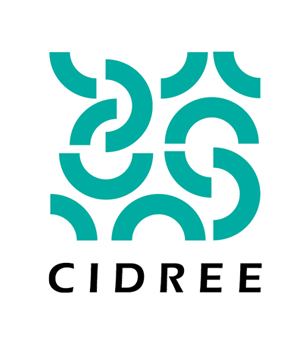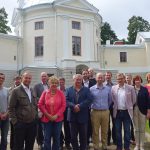Assessment of competence-based learning
Participants: experts in curriculum and assessment from IZHA (Albania), UT (Estonia), OPH (Finland), IFE (France), UDIR (Norway), ES (Scotland), Skolverket (Sweden), IRDP (Switzerland), KeyCoNet and Flemish experts from the Department of Education and Training, the Policy Research Centre for Test Development and Assessments, the Catholic schools network and AKOV (Agency for Quality Assurance in Education and Training).
The meeting started with presentations of the Flemish quality assurance system and the system-based surveys that are used in Flemish education to monitor what percentage of students in Flemish education reach the attainment targets. These surveys are subsequently used for curriculum improvement.
The key topics of the meeting were:
1. Definition of competence in the different education systems
2. Assessibility of competences
3. Assessment of progression in competences
4. Which competences to assess?
Each topic was introduced by one or two keynote speakers. Scotland, Norway and France explained how their educational system made the shift to a competence-based curriculum and highlighted the strengths and weaknesses of the choices that were made. Scotland especially dealt with the assessing competences; Norway highlighted teachers’ initial reaction to the transition towards a competence-based curriculum, and France discussed how such a transition should be thoroughly considered before it can be implemented with contents and competences consistently integrated. KeyCoNet’s Draft Recommendations to move towards the implementation of a (key)competence-based approach offered some general guidelines. Furthermore professor Rianne Janssen from the Policy Research Centre for Test Development and Assessments explained the methodology used to assess competences on system level in Flanders. She identified some issues that should be addressed in bridging the gap between competence-based education and a methodology actually based on content-based assessment.
Each topic was followed by an in-depth discussion. The first issue was the diversity of definitions used throughout the different countries. Most countries seem to struggle with the transition from a content-based curriculum towards a competence-based one, and with implementing the latter. How to assess competences, and the validity of that, and how to assess on a system level also remains a challenge.
The expert meeting on system-based assessment showed that the transfer to a competence-based curriculum, which is currently being undertaken in quite a lot of countries, remains a challenge. While some countries (Scotland) have already implemented a new curriculum, most countries find themselves halfway, or still have to make the transition. Assessment of a competence-based curriculum poses another challenge, although both are intrinsically linked.
This lunch-to-lunch expert meeting was hosted by AKOV and made possible by the ‘CIDREE grants’ with co-funding by KeyCoNet.
The presentations of the guestspeakers can be found: www.ond.vlaanderen.be


